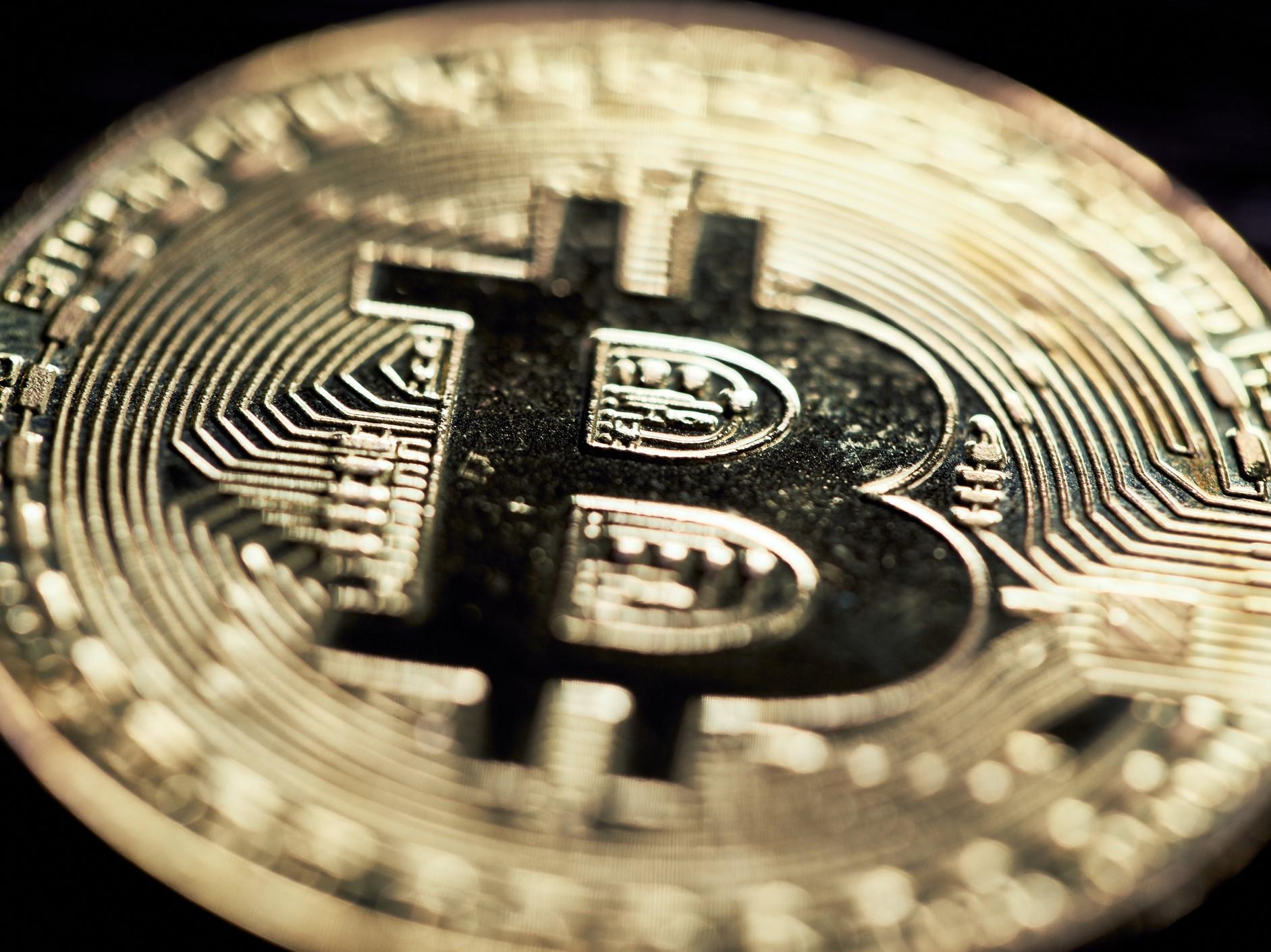Bitcoin: Nuclear scientist caught mining cyrptocurrency in top-secret Russia lab
Sarov facility is home to one of Russia's most powerful computers

Your support helps us to tell the story
From reproductive rights to climate change to Big Tech, The Independent is on the ground when the story is developing. Whether it's investigating the financials of Elon Musk's pro-Trump PAC or producing our latest documentary, 'The A Word', which shines a light on the American women fighting for reproductive rights, we know how important it is to parse out the facts from the messaging.
At such a critical moment in US history, we need reporters on the ground. Your donation allows us to keep sending journalists to speak to both sides of the story.
The Independent is trusted by Americans across the entire political spectrum. And unlike many other quality news outlets, we choose not to lock Americans out of our reporting and analysis with paywalls. We believe quality journalism should be available to everyone, paid for by those who can afford it.
Your support makes all the difference.A nuclear scientist has been fined 450,000 rubles (£6,000) for illegally mining bitcoin at a top secret facility in Russia, according to local reports.
Denis Baykov was one of three scientists at a nuclear laboratory in Sarov – a closed Russian town 400 kilometres from Moscow – who were arrested after they allegedly used an ultra-powerful supercomputer to mine the cryptocurrency.
The two other employees are currently awaiting sentencing, The Moscow Times reported, citing the state-run RIA Novosti news agency.
Bitcoin mining requires vast amounts of computer processing power in order to solve the complex mathematical problems that are needed to generate new units of the cryptocurrency.
The supercomputer used by the scientists has one petaflop of processing power, meaning it is capable of conducting up to 1,000 trillion operations per second.
It is not clear how many bitcoins the scientists were able to mine before being caught, though one of the defendant's lawyers said they used specialist software to avoid being detected.
"I can say one thing for sure: they were not detained on the first day they began to mine," he said.
"They regret what they did, but I think they went for it out of professional interest, not for the purpose of profit."
It is not the first time that supercomputers have been illicitly hijacked to mine cryptocurrency.
In 2014, a Harvard student used one of the university's supercomputers to mine dogecoin, while a National Science Foundation researcher also misused US government equipment that year to mine bitcoin.
Nuclear scientists were also arrested in Ukraine earlier this year after allegedly using computers to mine for cryptocurrency.
In doing so, the Security Service of Ukraine claimed that the scientists had compromised the lab's secret location by connecting the computers to the internet.
Join our commenting forum
Join thought-provoking conversations, follow other Independent readers and see their replies
Comments